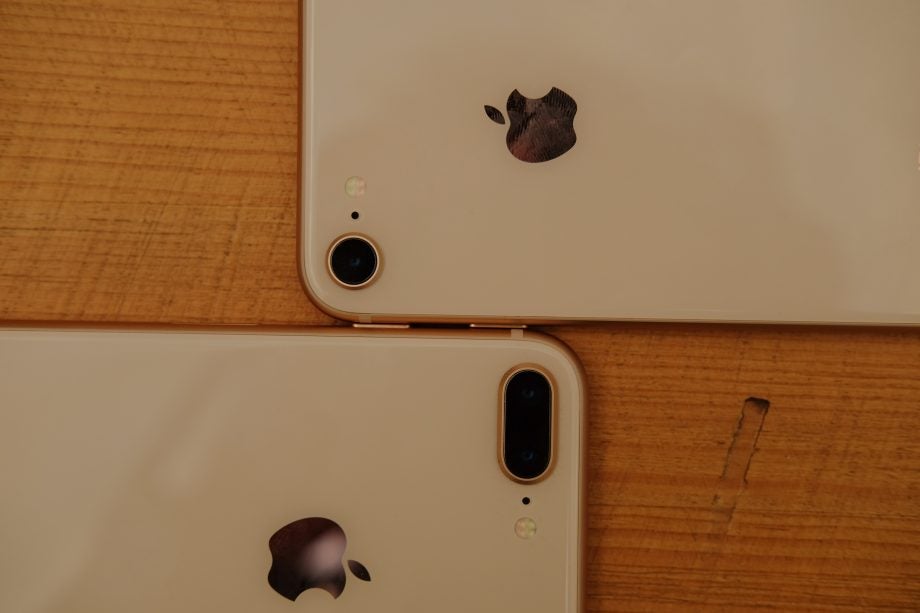Google developer shows how iPhone apps could secretly record you

Bad news iPhone toting privacy fans as iOS apps have the ability to secretly record you if you’ve given them permission to your phone’s camera.
Google developer Felix Krause discovered that iPhone apps may have a lot more access to the phone’s capabilities than user’s have been led to think.
If an iOS app is given permission to access an iPhone’s camera, it’s allowed to use the camera to record the user anytime the app is in the foreground, take pictures and videos without notifying the user, and upload photos and videos it captures immediately.
Furthermore, Krause explained that apps with camera access can also run real-time facial recognition to detect a person’s facial features or expressions, which could lead seedy cyber savvy people tracking down online pictures of an iPhone user.
Krause created an proof of concept iOS app which showed the app being given full camera array permissions after prompting the user to take a picture. From there the app could secretly take selfie-style pictures of the user without their knowledge and upload it onto a fake social media site without explicit permission.
This all adds up to the potential to really breach an iPhone user’s privacy.
“iOS users often grant camera access to an app soon after they download it (e.g., to add an avatar or send a photo). These apps, like a messaging app or any news-feed-based app, can easily track the users face, take pictures, or live stream the front and back camera, without the user’s consent” explained Krause.
The crux of the privacy problem is not a flaw in iOS code, but rather a feature of Apple’s iOS. And once an app is given camera permissions is has access to the iPhone’s snappers until a user actively revokes those permissions, something many wouldn’t think to do.
Krause suggested people worried about being snooped on by apps should turn off camera permissions, and cover their iPhone cameras.
But this is a short-term fix for a larger problem, and Krause said Apple should integrate a means to grant apps only temporary access to iPhone cameras and show an icon when the cameras are being used, as well as adding an LED to both the front and rear iPhone cameras to prevent sandboxed apps from working around the permissions.
All this is a little alarming, especially given the upcoming iPhone X uses front facing cameras to power Apple’s smart Face ID facial recognition tech.
Related: iPhone X vs iPhone 8
Are you alarmed by the potential lack of iOS privacy? Let us know on Twitter or Facebook.

